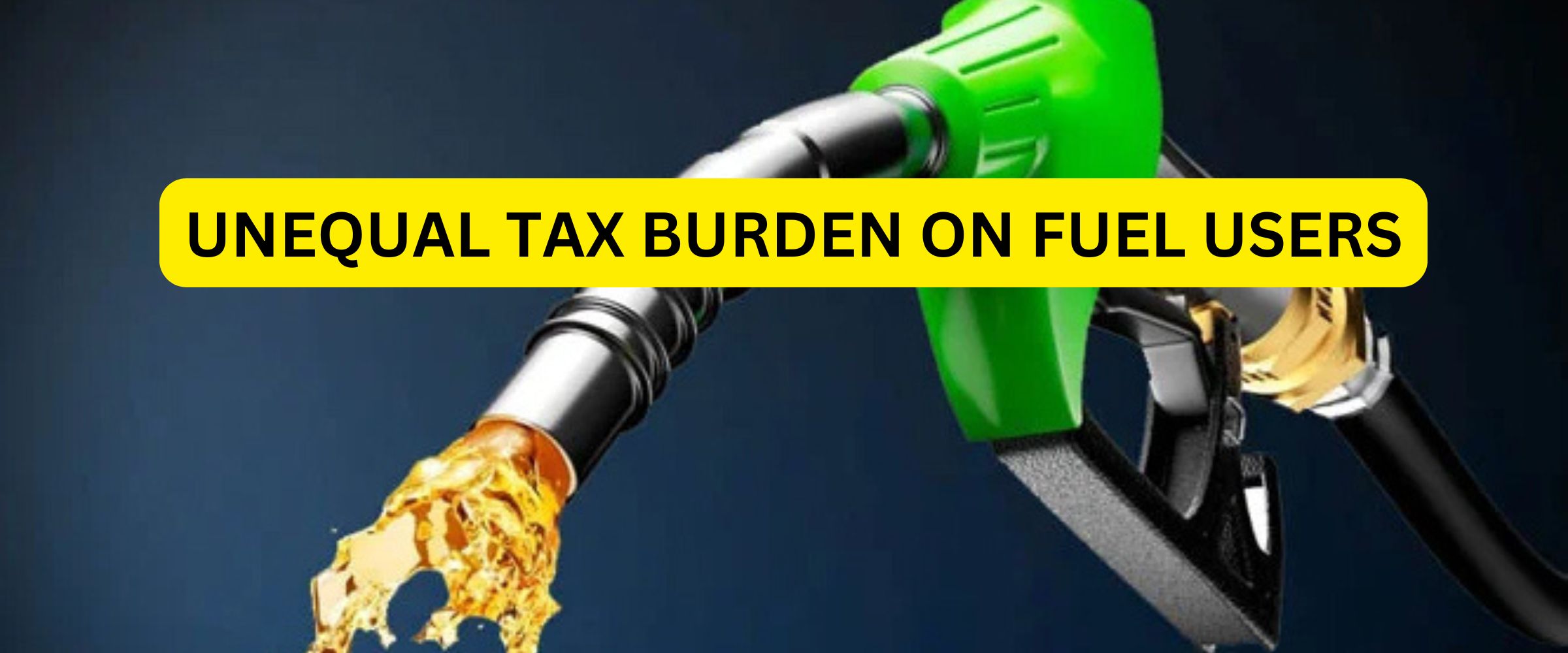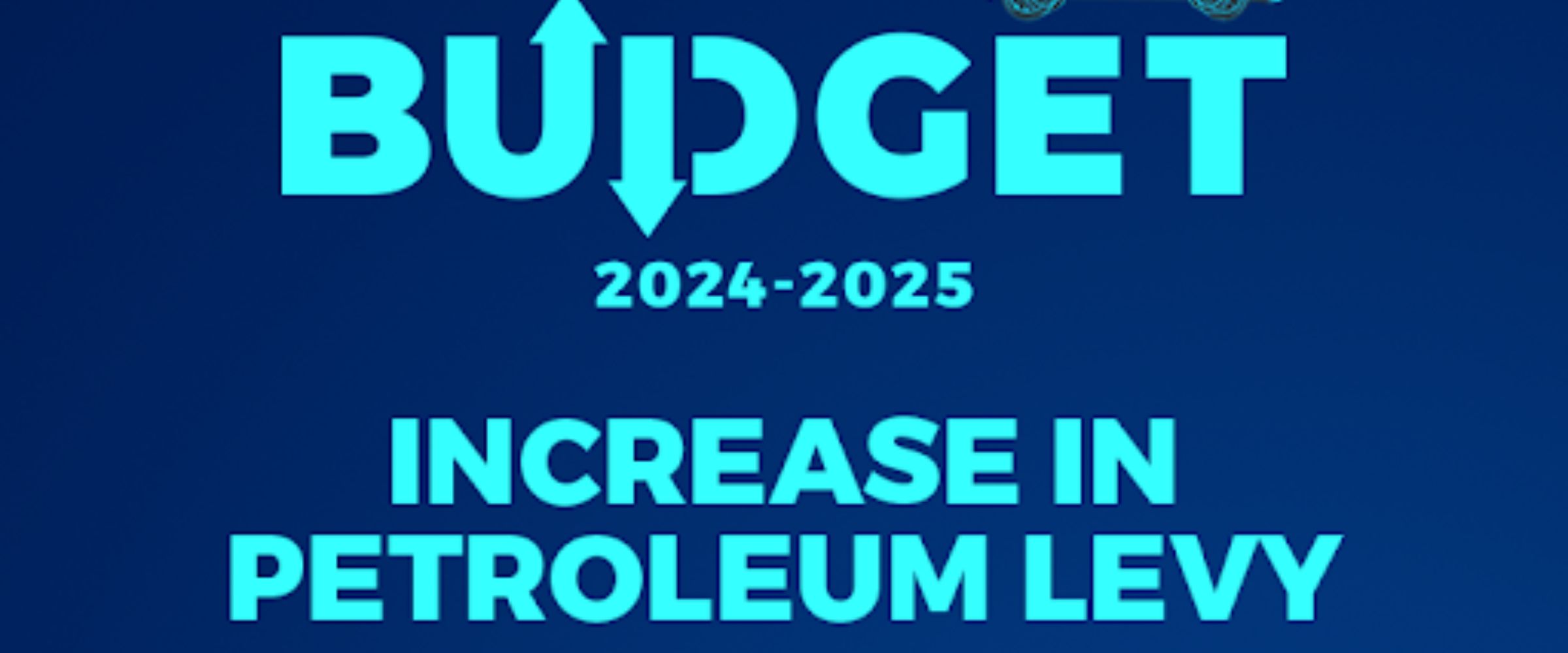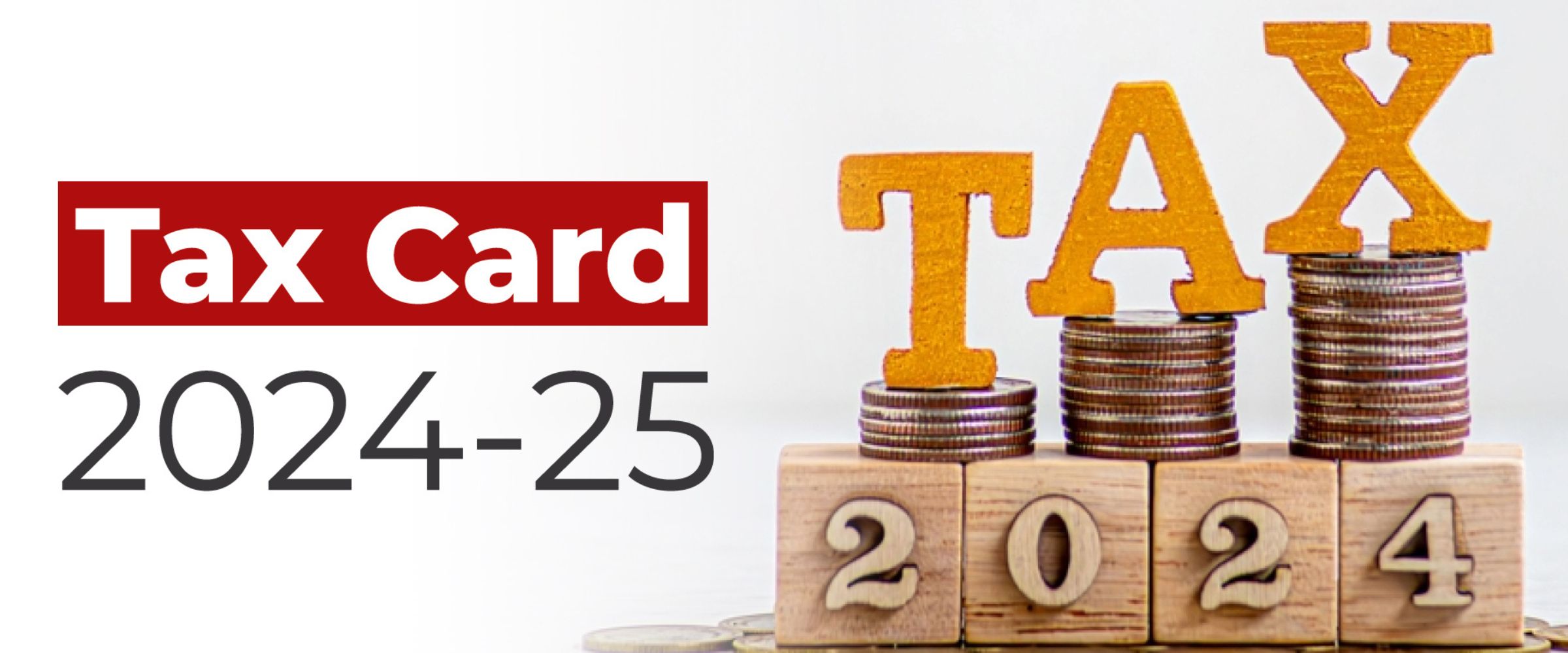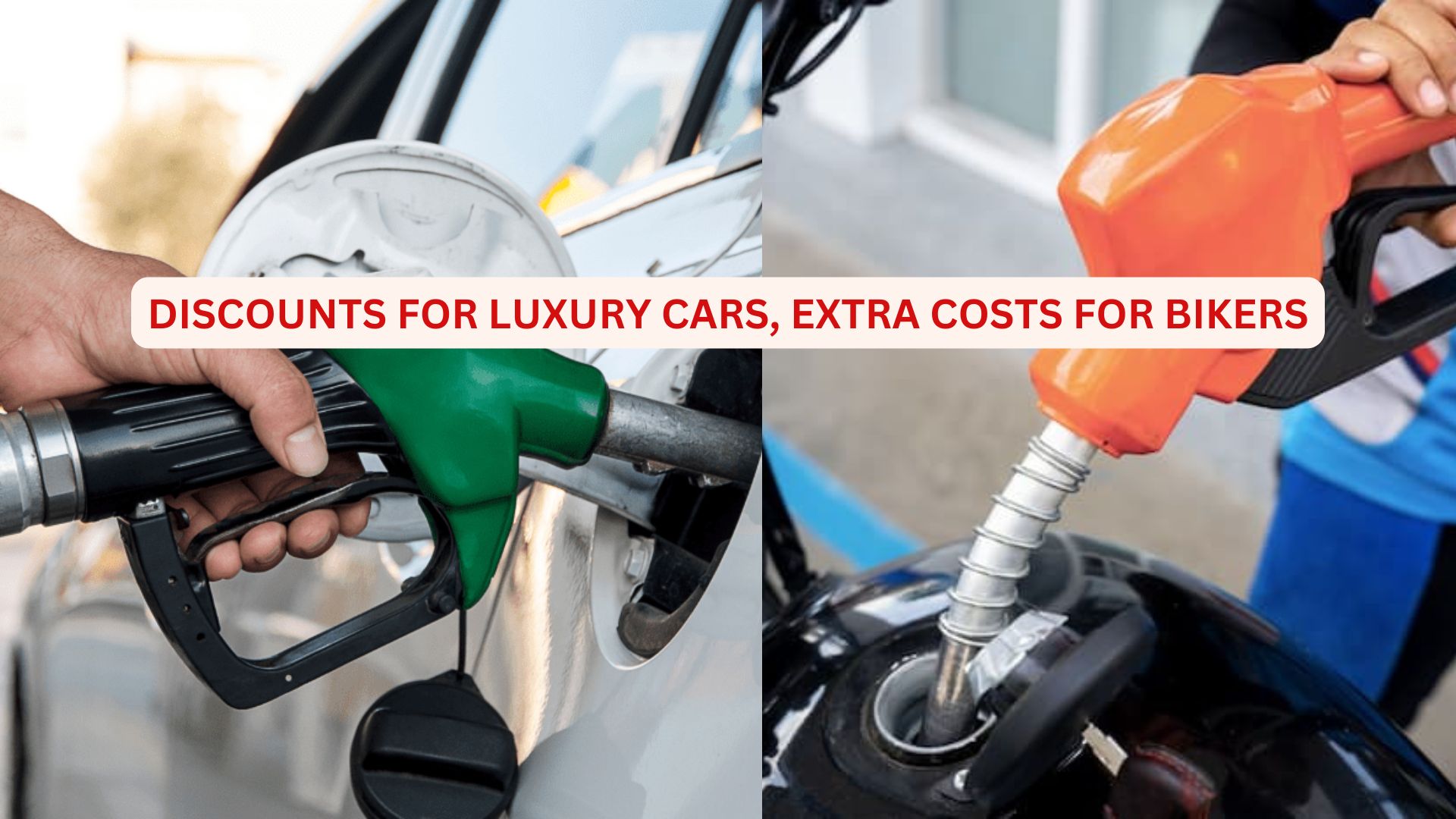The Pakistani government’s petrol tax policy Pakistan has sparked debate, as motorcyclists and low-income car users bear higher costs compared to luxury vehicle owners. The government currently imposes a Petroleum Development Levy (PDL) of Rs. 70 per liter on standard petrol, whereas high-octane fuel, primarily used by luxury cars, is taxed at Rs. 50 per liter. This pricing structure has raised concerns about fairness in fuel taxation.
Unequal Petrol Tax Burden
Motorcycles and older vehicles, mainly used by middle and lower-income groups, rely on regular petrol. Meanwhile, high-end car owners enjoy a “discount” due to the lower levy on high-octane fuel. The government has justified these adjustments as necessary for revenue collection, but critics argue that the petrol tax policy Pakistan disproportionately affects daily commuters and working-class citizens.

Also Read : BMW, Mercedes, and Audi Adjust Pricing and Production to Ease Tariff Pressure
Recent Tax Hike on Petrol
Previously, the government charged Rs. 60 per liter as a petroleum levy on petrol. However, in the last fortnightly review on March 15, authorities increased the levy by Rs. 10 per liter, bringing it to Rs. 70 per liter. The increase aligns with government efforts to boost tax revenue and manage fiscal deficits. High-speed diesel is also subject to Rs. 70 per liter levy, affecting commercial transporters and logistics companies.

Justification for the Tax Increase
The government claims the additional revenue will be utilized to reduce electricity prices by Rs. 1.50 per unit. Prime Minister Shehbaz Sharif emphasized that the decision aims to balance consumer benefits, ensuring petroleum price stability while providing relief in energy costs.
Also Read : China Delays Green Light for BYD's Mexico Plant, FT Reports
Public Response and Concerns
The policy has drawn criticism from economists and the public, who argue that burdening everyday commuters while providing indirect benefits to luxury car owners is unfair. Some suggest a progressive taxation model for fuel, ensuring equitable contributions from all income groups.

With fuel prices impacting inflation and transportation costs, many citizens demand a review of the petrol tax policy Pakistan to promote fair pricing for all segments of society. The debate continues as policymakers balance economic needs with public interest.
Jazz Daily Internet Packages: Affordable Options for Everyone
Scottish Govt Considers Alcohol Pilot Scheme for Football Matches









